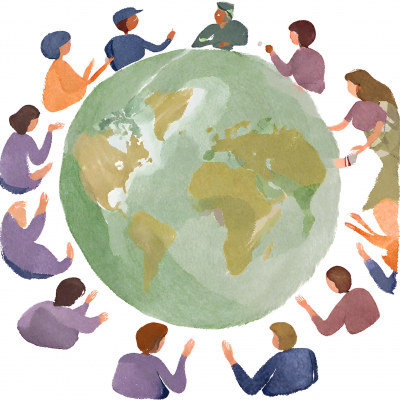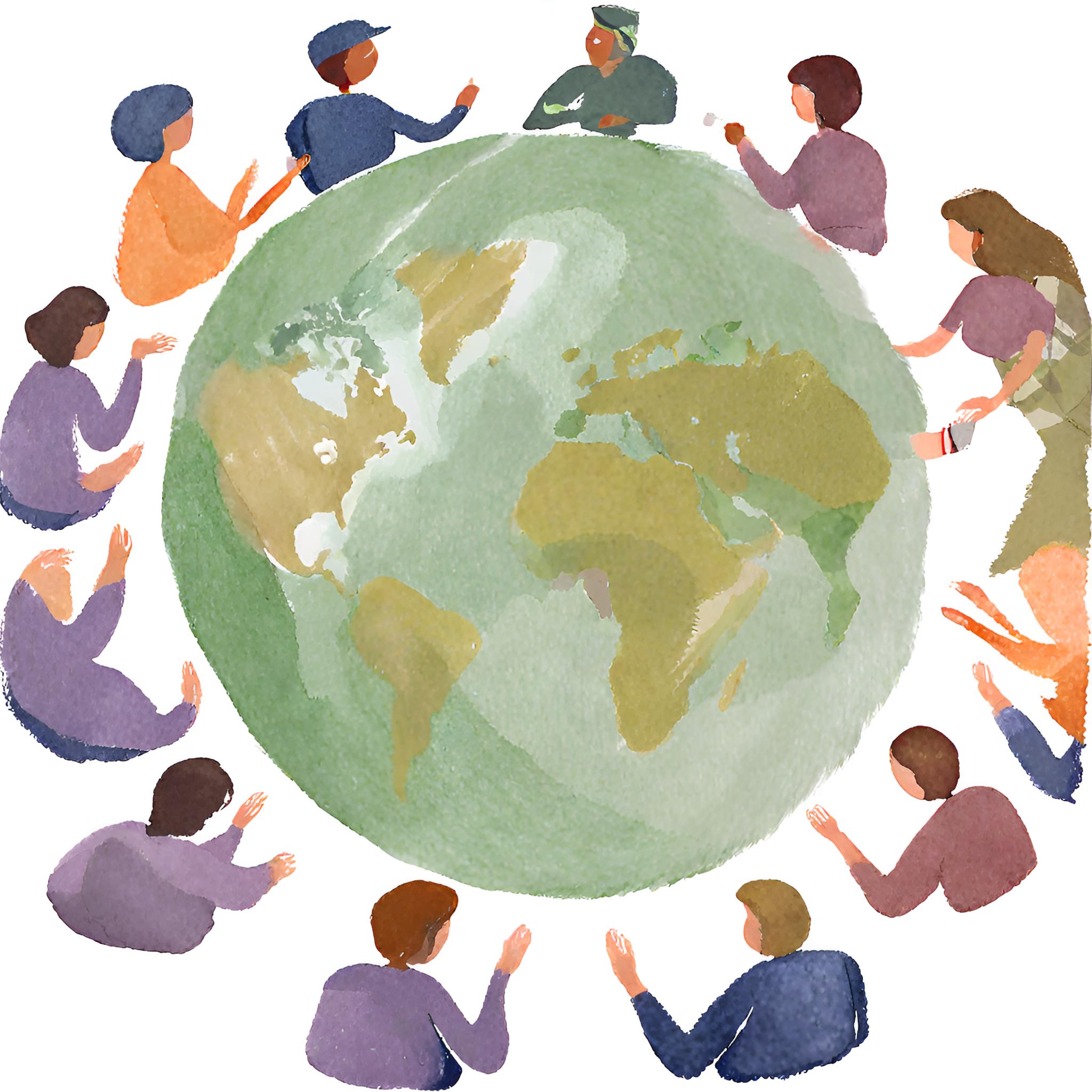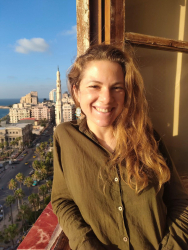


The InterAcademy Partnership (IAP) is hosting an international ‘Proof of Concept Meeting for a Scientific Advisory Body for the Biological and Toxin Weapons Convention (BWC)‘. IAP brings together 150 merit-based academies of science, medicine and engineering, and is co-hosted by US National Academy of Sciences in Washington DC and The World Academy of Sciences (TWAS), on the campus of the International Centre for Theoretical Physics (ICTP) at Miramare, Trieste.
The BWC, headquartered in Geneva, Switzerland, which entered into force in March 1975, effectively prohibits the development, production, acquisition, transfer, stockpiling and use of biological and toxin weapons. It currently has almost universal membership, with 185 States Parties and four Signatory States. However, the BWC lags behind international instruments with global participation governing other weapons of mass destruction, particularly the chemical and nuclear weapons regimes, which have benefitted for years from the establishment of scientific advisory bodies. Many States Parties consider the time ripe for a decision to establish such a scientific advisory body in the BWC. No State Party has openly opposed this, but questions remain regarding the appropriate structure.

IAP, in coordination with the US National Academies of Sciences, Engineering, and Medicine (NASEM), is now organizing the second of two meetings to demonstrate a 'proof-of-concept' for a ‘hybrid’ scientific advisory body. The first meeting took place on-line on 14 November 2023 and had an open-ended number of participants (nearly 80). The second meeting is taking place in Trieste on 26-28 February.
“This second meeting is a more limited, in-person meeting that is convening only technical experts. This model is mimicking the hybrid model most States Parties of the BWC seem to agree on,” says IAP co-president, Masresha Fetene (Ethiopia). “Some 38 participants from 32 countries, representing all regions of the globe, will be attending.”
In practice, any scientific advisory board to a UN body would be tasked with providing expert feedback on a particular topical issue. In this case, for the proof-of-concept exercise, the assembled experts are being challenged to ‘Explore the Possible Impact of Artificial Intelligence (AI) for Global Biosecurity and International Cooperation in the BWC’.
“Like any emerging technology, both biotechnology and AI are associated with both benefits and risks,. They can be used for peaceful purposes but they can be misused or deliberately used to cause harm. The IAP meeting in Trieste provides a neutral venue where representatives from many BWC States Parties can come together and provide guidance on this nexus issue,” says IAP co-president, Peggy Hamburg (USA).
Following the Trieste meeting, IAP will analyse how the ‘proof-of-concept’ process of arriving at such guidance actually worked in practice. This information will be shared with the BWC in Geneva.
Given formal BWC processes, the decision to establish a scientific advisory body is expected to be made within the next few years. The IAP-organized meetings will provide the needed information for the appropriate process and will contribute to the successful establishment of a scientific advisory board.
Read and download the press release in English here.
Read and download the press release in Italian here.
